How does the British Library collect and manage all the books published in the country?

If you publish a book, magazine or newspaper in the UK, you are required by law to submit the book or copy to the government. For this reason, the British Library, the national
This library has every book ever published. - YouTube
The main gate of the British Library looks like this.
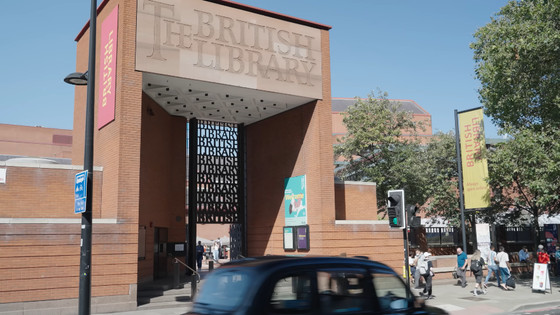
According to Linda Arnold-Stratford, head of the department that specializes in managing books donated to the British Museum, the British Library collects everything that can be called ``printed materials.'' It includes everything from books and newspapers to leaflets, magazines only published in certain regions, art books worth thousands of pounds (more than 200,000 yen), and small books lined up with children's toys. Masu.
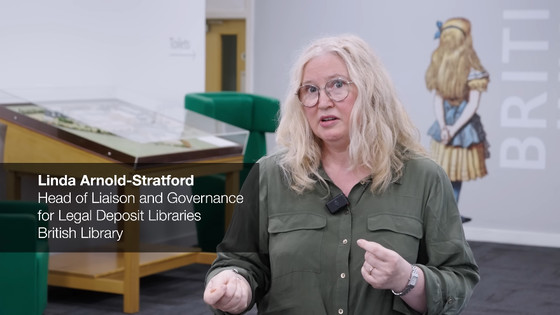
The British Library is in the center of the image below. On the right is King's Cross Station, which has Platform 9 and 3/4, where the train to Hogwarts School of Witchcraft and Wizardry departs in the Harry Potter series. The British Library has a large area of land, and there is a storage room in the basement that holds a huge amount of books, but even within that area, not all books can fit. Also, land is expensive in London, making it difficult to build new buildings. Therefore, the British Library only holds the millions of books that are most requested.
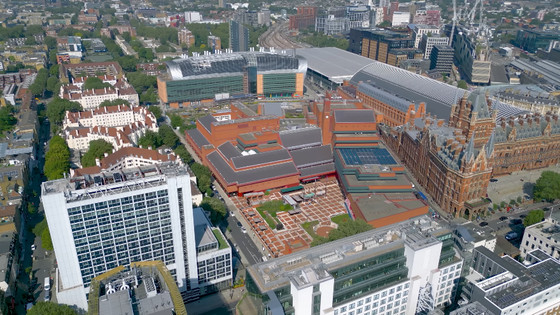
The majority of the approximately 170 million items in the collection are kept in storage in West Yorkshire, in the north of England.

Although the majority of the British Library's collection is legally sent copies, small publishers and individual creators who do not consider themselves publishers often do not make legal donations. Masu. Ian Cooke, director of modern publications at the British Library, said the drive to collect all books is reaching out to self-publishing creators, writers and all kinds of groups to get their work published. It seems that they are making efforts to convey the importance of having it preserved in the British Library.

The inside of the storage facility in West Yorkshire looks like the following. In total, there are over 700km of shelves lined up, and robots manage the placement of books and take them in and out. The storage room is kept in low-oxygen conditions to create an environment that prevents books from deteriorating. Storage shelves are being consumed at a rate of 8 km per year, and construction of the next storage has begun.
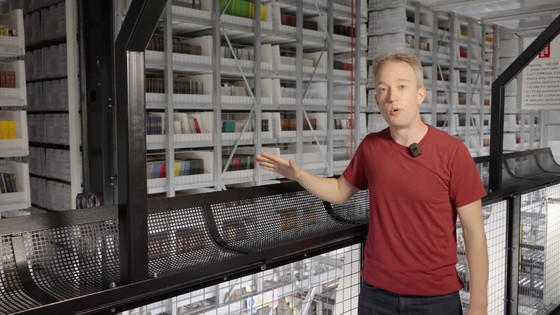
If you would like to view books in the vault, you must pre-order at least 48 hours in advance. The storage robot moves through the storage at a maximum speed of 50km/h and searches for the desired book.
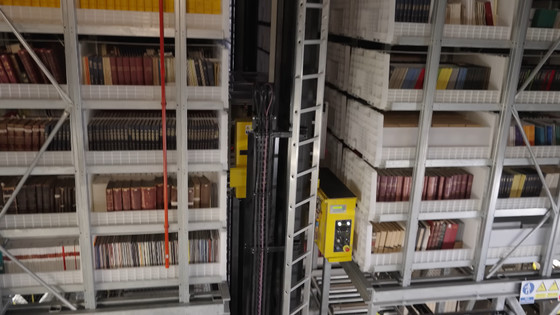
Books are stored in cases containing 10 to 20 books, and a robot retrieves the case containing the ordered book. The position is not fixed but is changing, such as books with a large number of orders being placed closer to the front.
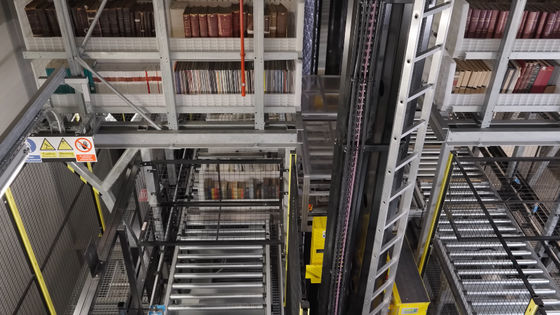
Thousands of books and other publications are transported by truckload to the British Library and its archives every day.
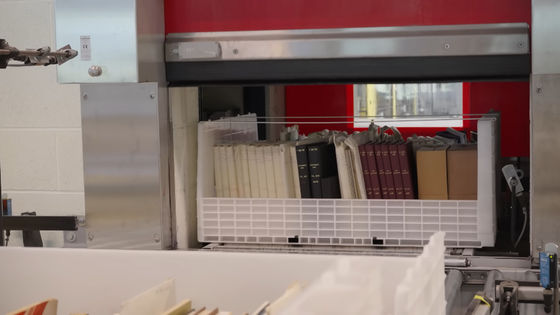
Additionally, the British Library is committed to preserving web pages, and when someone creates a blog or their own website, we encourage them to save it in the British Library's Web Archive. The amount is quite huge, and according to Mr. Cook, it is equivalent to more than 1 billion files, or about 1.5 petabytes of data.

You cannot borrow books from the British Library and take them home. Books ordered can only be read in the reading room and must be returned on the same day. Previously, in order to obtain a library card at the British Library you had to answer the question 'Why can't I get the books and materials I need from my local or university library?' It has been abolished and it is relatively easy to obtain a library card.

Regarding the legal requirement for companies and individuals to provide publications to the British Library, Stratford said: ``We don't know now what will be important 50 years from now. We need to preserve everything,'' he says, talking about the importance of this activity.
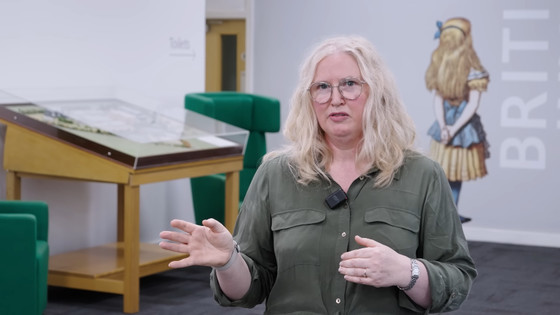
Related Posts:
in Note, Posted by log1e_dh







